Dialogues Concerning Natural Religion, and The Natural History of Religion (Oxford World’s Classics)
£7.10£8.50 (-16%)
The Dialogues ask if belief in God can be inferred from the nature of the universe or whether it is even consistent with what we know about the universe. The Natural History of Religion investigates the origins of belief, and follows its development from harmless polytheism to dogmatic monotheism. Together they constitute the most formidable attack upon the rationality of religious belief ever mounted by a philosopher.
This edition also includes Section XI of The Enquiry Concerning Human Understanding and a letter concerning the Dialogues, as well as particularly helpful critical apparatus and abstracts of the main texts, enabling the reader to locate or relocate key topics.
ABOUT THE SERIES: For over 100 years Oxford World’s Classics has made available the widest range of literature from around the globe. Each affordable volume reflects Oxford’s commitment to scholarship, providing the most accurate text plus a wealth of other valuable features, including expert introductions by leading authorities, helpful notes to clarify the text, up-to-date bibliographies for further study, and much more.
Read more
Additional information
| Publisher | OUP Oxford (11 Dec. 2008) |
|---|---|
| Language | English |
| Paperback | 218 pages |
| ISBN-10 | 0199538328 |
| ISBN-13 | 978-0199538324 |
| Dimensions | 19.81 x 12.9 x 1.24 cm |



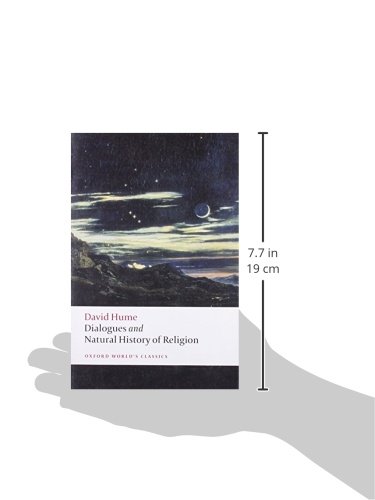
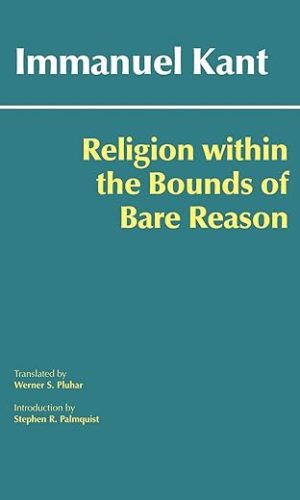
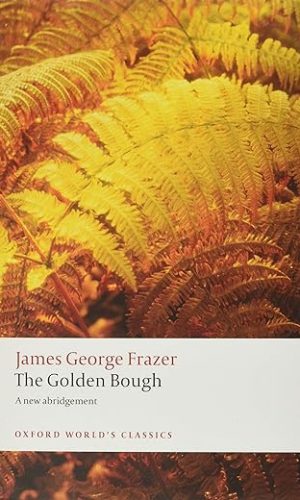

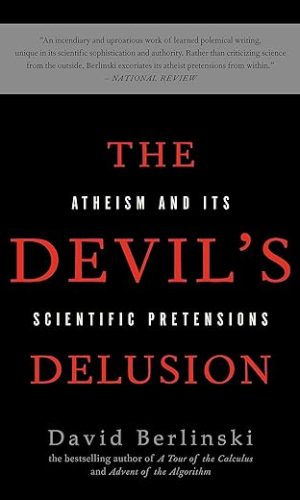
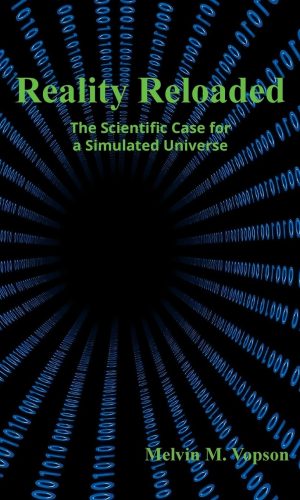
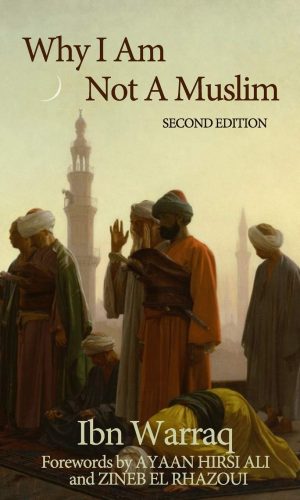
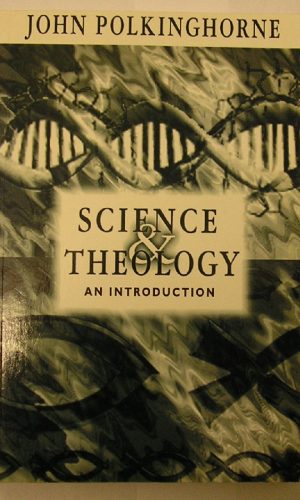
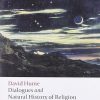
by Richard J. Newton
I am a great fan of David Hume, for several reasons. He is an important philosopher whose views have influenced mine. He always comes across as an interesting person. I have sympathy, as a writer, with his plight of having difficulty being successful as an author (although in the end he was very successful even if mostly as a historian rather than a philosopher). He writes wonderfully: it takes a little effort to get into his style, but once you are there it is a pleasure to read.
This volume contains two of his works on religion, one of which was published posthumously although written many years before. It also has a good introduction, a relevant excerpt from one of his other books (section XI of An Enquiry Concerning Human Understanding), plus a short autobiography called My Life, which mostly discusses his work and travails as a writer. It’s all good stuff, and I think essential reading for anyone who is interested in Hume as a philosopher, particularly those interested in his philosophy of religion. For anyone who is interested in arguments against many aspects of religion as practised as well, I think that whatever modern books you may have read, some of the best arguments may have originated with Hume.
The only niggle was the “Natural History of Religion”, early on in which Hume says “There is a great difference between historical fact and speculative opinions;”. Hume read a huge amount and could quote from historical sources, I don’t think though we should really consider this book as a history in the modern sense – there is plenty of speculative opinion here. It may well be right, but its not quite history. However, it’s an enjoyable journey through the book!
by LeCog
Fantastic combination of several of Hume’s works regarding religion, great for a student studying anything to do with philosophy of religion and very accessible to layman, as it has a beginning chapter covering Hume’s principles etc.
by Amazon Customer
Super!
by Mr. R. M. N. Wharram
An absolute must-have book for anyone studying the philosophy of religion. Hume’s destruction of the argument from design is complete. He does not claim such a victory in the text as it would have been unwise in the climate of the age but there is simply nowhere left to go for the ‘rational theist’ after this work.
As an interesting aside Hume then goes on to show the errors of the ontological argument.
The dialogue form works well although it feels a little forced compared to Plato’s early dialogues. The contnet though is the best in the field.
by Stephen Cowley
Oxford World Classics’ is a good edition of Hume’s writings on religion. As well as the Dialogues, it contains the brief autobiography My Own Life, a chapter of the first Enquiry (Of a Particular Providence) and the Natural History of Religion, which argues that the first religions were polytheistic.
In the Dialogues, which is the central text, there are clearly expressed treatments of three principal arguments for God’s existence. The argument from design gets the most space, but the cosmological and ontological arguments, in versions similar to those of Isaac Newton’s friend Samuel Clark, are also scrutinised with a sharp and sceptical eye. I read the Dialogues as a philosophy student some thirty years ago and it confirmed my agnosticism. Contrary to some earlier reviewers, I have since worked my way back to a slightly more positive appreciation of the arguments. Hume’s view of necessity is based on his theory of impressions and ideas, but it seems to me intuitively absurd to say we can ‘conceive’ the non-existence of a necessary being, so I have some time for the ontological argument of
St Anselm’s writings
and indeed Hegel’s
Lectures on the Proofs of the Existence of God
. Hume’s view of causality is also quite narrow, but these discussions are for another place.
As well as divine existence, which he reckons probable, the Dialogues end with a passage of ‘unfeigned sentiments’ attributed to the sceptical character Philo. Here Hume addresses the divine attributes (omniscience, omnipotence and benevolence) and says that there is perhaps less analogy between the moral attributes and those of man than between the intellectual ones. To me this was reminiscent of
The Book of Job
more than the argumentative to and fro of the earlier chapters. One thing missing from this edition are any passages of religious history and psychology from the History of England. In his concluding portrait of Charles I in the
The History of the Stuarts
, Hume seems to me to be giving his secular view of Christ in a way that would be of interest to Christian readers.
So this is a good edition and will strengthen anyone’s intellectual grasp of the arguments for God’s existence, particularly if accompanied by some reading in informal logic.
by Rachael Douglas
Fantastic book. Great insight.
by Jim
Don’t listen to “a reader”. Hume’s on miracles is practicaly flawless philosophy. It might not be much, but ive studied many of Hume’s writings for my A2 philosophy CWK, and his reasoning is allways careful, consise and convincing. Two of my frinds chose to study Hume as well, they are both chritians but admitted that Hume’s reasong is excellent (though they still didnt change their mind about their faith). You will rarely find a philosopher as honest an uncompromising as Hume.
by Joseph
What you see is what you get, exactly as advertised. It’s an essential read for a philosophy lover and extremely interesting.